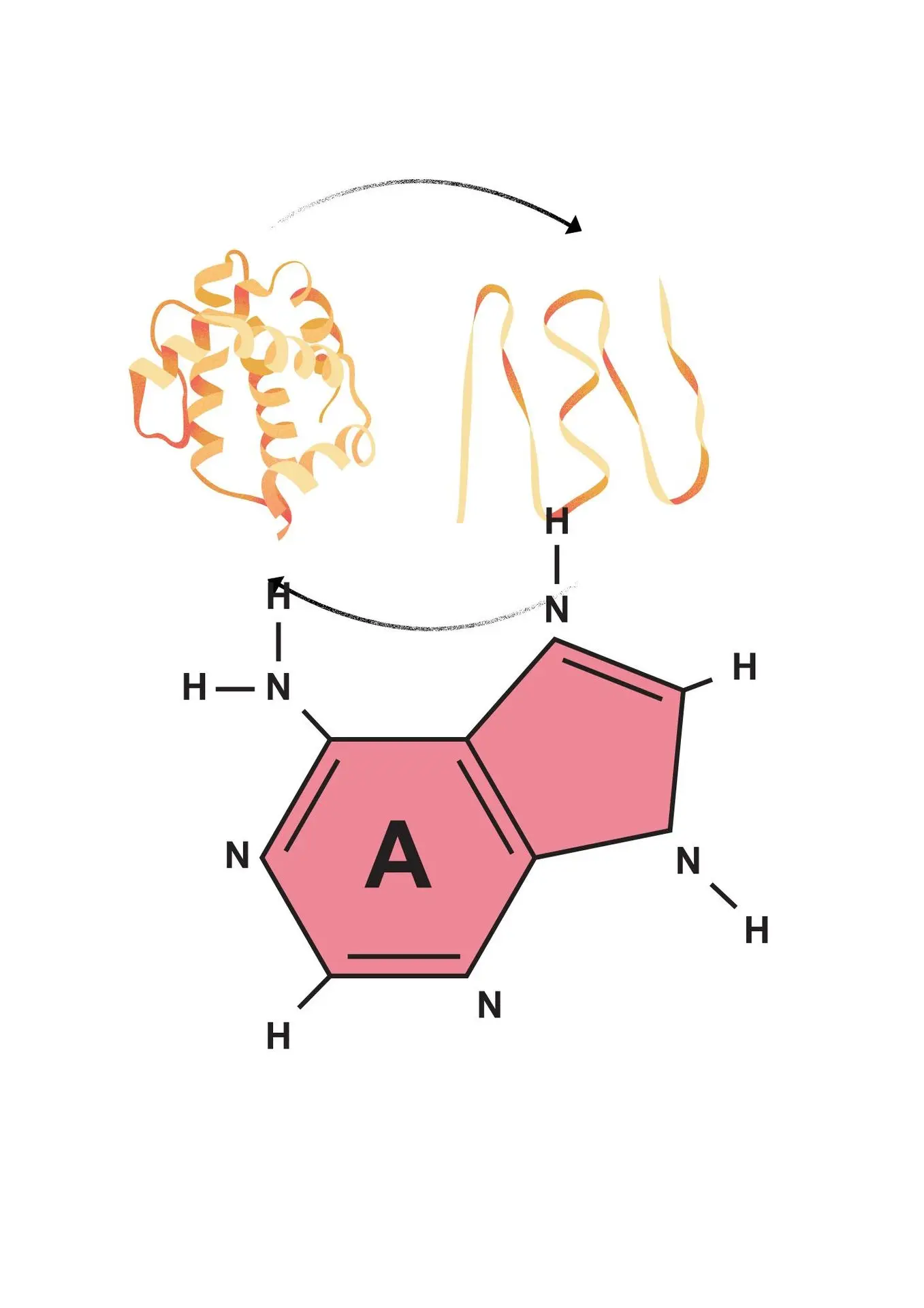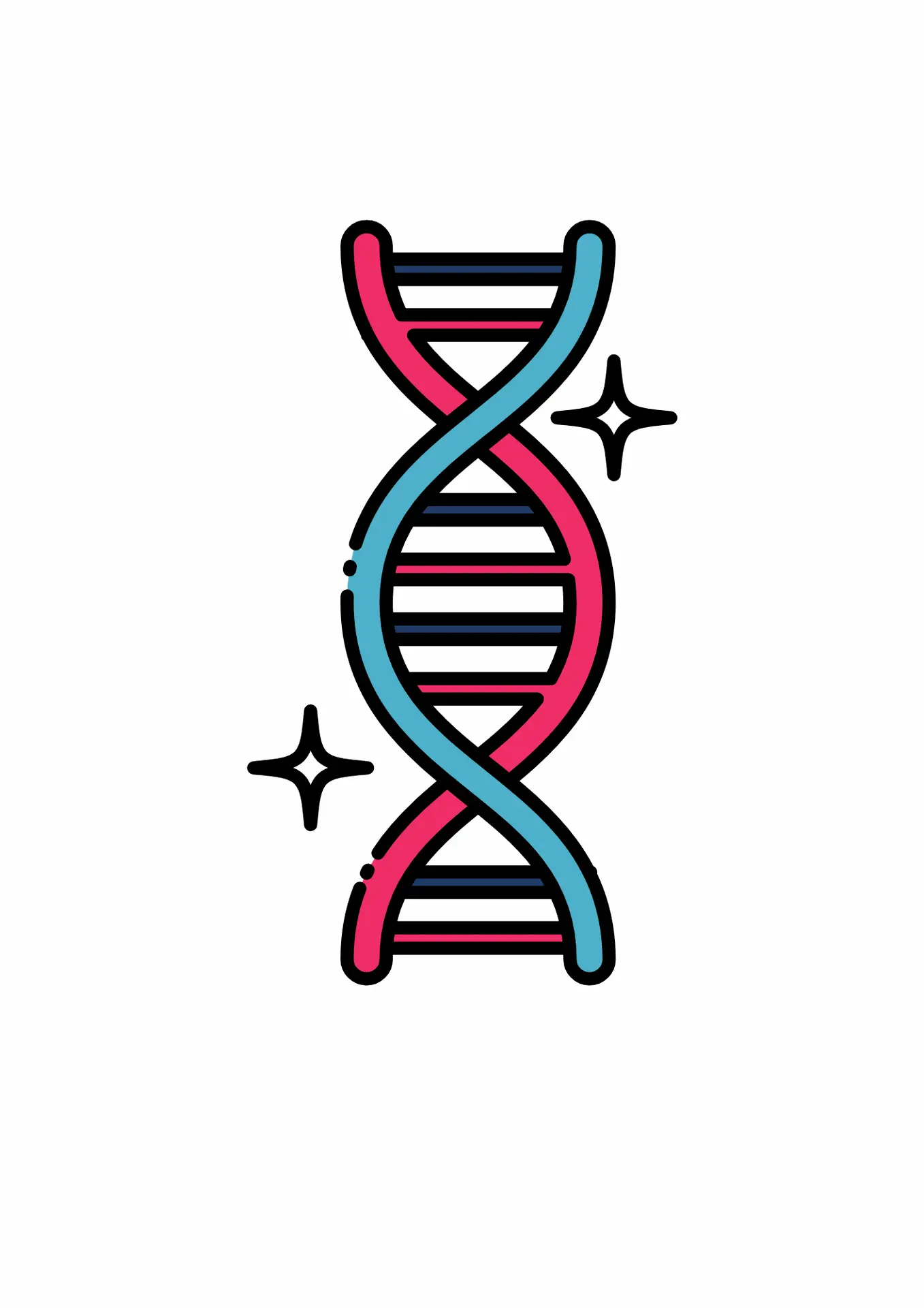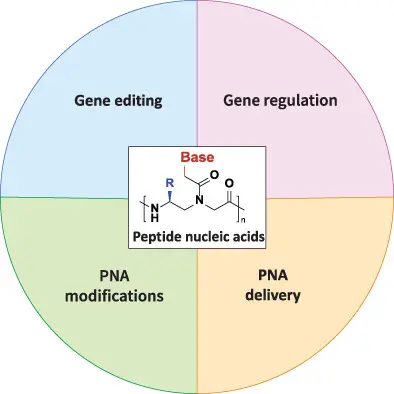
About Peptide Quotes
Peptide Quote is an experienced global manufacturer of custom peptides and PNA's( Peptide Nucleic Acid ). Our scientists have synthesized products for the scientific community for over 25 years and have met the highest standards of quality, service, and technical expertise.
Advanced Peptides specializes in both Custom Peptide Synthesis and Custom Peptide Nucleic Acid (PNA) synthesis using Solid Phase Peptide Chemistry to manufacture Peptides and PNAs. Our services include a wide spectrum of peptide related chemistry:
- Synthesis
- Purification
- Modification
- Analysis & Characterization
Our manufacturing facilities are state-of-the-art, implementing proven technologies to produce peptides and PNA's with reliability, integrity, and value. We give the highest attention to quality, which in turn gives researchers the tools they need to succeed in their work.

Vision
become the leading global platform for biotech researchers, empowering labs around the world with seamless access to custom reagent pricing, fast supplier responses, and simplified purchasing all through a single login and integrated service experience across peptides, antibodies, and DNA .

Mission
save time, reduce costs, and deliver quality services to scientists by providing an efficient online platform where they can request quotes, compare offers, and order custom peptides, antibodies, and DNA from multiple trusted suppliers all in one place
What Are Peptides and PNAs?
Peptides and Peptide Nucleic Acids (PNAs) are important molecules widely used in modern biotechnology and research.
Peptides are short chains of amino acids that serve as building blocks for many biological functions. They act as signaling molecules, enzymes, or structural components in cells. Because of their specific interactions and versatile roles, peptides are used in areas such as cancer research, vaccine development, and diagnostic testing.
PNAs are synthetic molecules that resemble DNA or RNA but have a different, more stable backbone made of peptides. This structure makes them resistant to breakdown and able to bind strongly and specifically to DNA or RNA sequences. Due to these properties, PNAs are valuable for studying gene expression, detecting genetic variations, and creating molecular probes for research.
At PeptideQuotes, we produce high-quality custom peptides and PNAs tailored to support a wide range of scientific studies and applications. Our products are designed to meet rigorous standards for purity and performance, providing reliable tools for advancing molecular research.
Peptide nucleic acids and their role in gene regulation and editing
Peptide Nucleic Acids (PNAs) are synthetic DNA analogs where the natural sugar-phosphate backbone is replaced by a neutral, flexible peptide-like backbone composed of N-(2-aminoethyl) glycine units. This distinctive structure gives PNAs exceptional chemical stability and resistance to enzymatic degradation by nucleases and proteases, which are major limitations of natural oligonucleotides. Because PNAs hybridize to complementary DNA or RNA sequences with high affinity and specificity through Watson-Crick base pairing, they serve as powerful tools for gene regulation and editing.
In gene regulation, PNAs can bind to specific sequences in DNA or RNA, effectively blocking transcription or translation processes by steric hindrance or by recruiting cellular factors that modify gene expression. For instance, PNAs can inhibit transcription factor binding or disrupt RNA splicing, enabling selective gene silencing without altering the genome sequence itself.
Beyond regulation, PNAs have been developed as agents in gene editing strategies. Their high binding affinity facilitates strand invasion and displacement of DNA duplexes, allowing PNAs to direct site-specific modifications when combined with DNA repair mechanisms. Chemical modifications to PNAs such as backbone alterations and nucleobase substitutions enhance their cellular uptake, binding kinetics, and specificity, improving their potential as therapeutic agents in targeting genetic diseases.
Overall, PNAs represent a versatile class of molecular tools, with ongoing research expanding their applications in precision gene targeting, antisense therapies, and molecular diagnostics, offering promising alternatives to traditional nucleic acid-based approaches.

Peptides & PNAs: The Building Blocks of Next-Gen Biotechnology
Peptides and Peptide Nucleic Acids (PNAs) represent foundational components for innovative molecular techniques and experimental approaches. Peptides exhibit remarkable structural diversity, enabling them to fold into specific shapes essential for interacting with a variety of biological targets. This adaptability makes them invaluable in studying protein interactions, signaling pathways, and cellular mechanisms. Advances in peptide synthesis have also facilitated the development of novel biomaterials and molecular probes with applications extending into nanotechnology and bioengineering.
Meanwhile, PNAs stand out due to their neutral backbone, which reduces electrostatic repulsion when binding to nucleic acid targets, resulting in exceptionally strong and precise interactions. This property enhances the accuracy of nucleic acid detection methods and allows for the development of highly sensitive assays. Moreover, the chemical flexibility of PNAs permits incorporation of functional groups that can improve solubility, cellular uptake, or enable conjugation to other molecules, broadening their utility in molecular research.
Together, peptides and PNAs form a complementary toolkit that drives forward both fundamental studies and applied sciences, offering unique opportunities to explore and manipulate biological systems with high specificity and efficiency.
How Custom Synthesis Unlocks Research Potential ?
The ability to custom synthesize peptides and Peptide Nucleic Acids (PNAs) provides unparalleled control over molecular design, enabling precise tuning of sequence, length, and chemical modifications to suit specific experimental frameworks. Through solid-phase peptide synthesis (SPPS) and advanced automated platforms, researchers can systematically incorporate non-natural amino acids, backbone modifications, or conjugate functional groups to enhance molecular stability, binding affinity, and specificity. This bespoke approach facilitates the creation of peptides and PNAs optimized for diverse applications including molecular recognition, gene expression modulation, and nucleic acid detection. Furthermore, customization supports structural studies by enabling incorporation of isotopic labels or fluorescent tags, critical for biophysical characterization and imaging. The scalability and reproducibility of these synthesis methods ensure that high-purity biomolecules are accessible for both exploratory research and high-throughput screening, thus driving innovation across biotechnology, molecular biology, and synthetic biology fields.

Emerging Trends in Peptide and PNA Research
Emerging research in peptides and peptide nucleic acids (PNAs) is rapidly advancing through innovations in synthetic techniques, structural diversification, and biomedical applications. Improved methods in peptide and PNA synthesis now allow incorporation of non-natural residues and backbone modifications, enhancing stability, specificity, and cellular uptake. Functionalization with nanoparticles and conjugation to targeting moieties are expanding their use in precise dr ug delivery and diagnostic tools. Moreover, peptides and PNAs are increasingly employed in gene modulation, biosensing, and as therapeutic agents targeting protein interactions implicated in diseases like cancer and infectious disorders. The integration of nanotechnology-based delivery systems and computational design, including machine learning, is accelerating the discovery of optimized molecules with improved efficacy and bioavailability. Together, these trends position peptides and PNAs as versatile platforms with significant potential in next-generation biotechnology and personalized medicine.

Applications of Peptides and PNAs in Molecular Diagnostics
Peptides and Peptide Nucleic Acids (PNAs) play a critical role in advancing molecular diagnostics by offering enhanced specificity and stability in biomolecular recognition. Peptides, owing to their customizable amino acid sequences and well-defined secondary structures, serve as selective ligands for biomarker detection, enabling targeted interaction with proteins, receptors, or enzymes relevant to disease states. PNAs, synthetic nucleic acid analogs characterized by a pseudo-peptide backbone, exhibit strong hybridization affinity and remarkable resistance to nucleases and proteases, which significantly improves the sensitivity and reliability of nucleic acid-based assays. These properties make PNAs especially effective in applications such as mutation detection, single nucleotide polymorphism (SNP) analysis, and pathogen identification through hybridization-based techniques including fluorescence in situ hybridization (FISH), real-time PCR, and microarray platforms. Consequently, the integration of peptides and PNAs in diagnostic methodologies facilitates precise molecular profiling essential for early disease diagnosis, personalized medicine, and monitoring therapeutic responses.

Real-World Examples: Peptides and PNAs Driving Innovation
Peptides and Peptide Nucleic Acids (PNAs) have become central to numerous research breakthroughs across molecular biology, biotechnology, and nanoscience. In proteomics, synthetic peptides are routinely used as epitope mimics in antibody production and validation assays, offering a reliable platform for studying protein–protein interactions and cellular pathways. In biosensor development, peptide-based recognition elements enable the detection of metal ions, enzymes, and even pathogens with high specificity and sensitivity. Similarly, PNAs have proven their value in nucleic acid diagnostics by enabling the discrimination of single nucleotide polymorphisms (SNPs) with exceptional precision due to their strong hybridization properties and resistance to enzymatic degradation. In gene regulation studies, PNAs have been employed to block transcription or modulate splicing by binding to specific sequences in genomic DNA or pre-mRNA, providing a stable and predictable alternative to classical oligonucleotides. These real-world implementations showcase the power of peptide and PNA technologies as adaptable, high-performance tools driving innovation in both fundamental research and advanced molecular applications.

